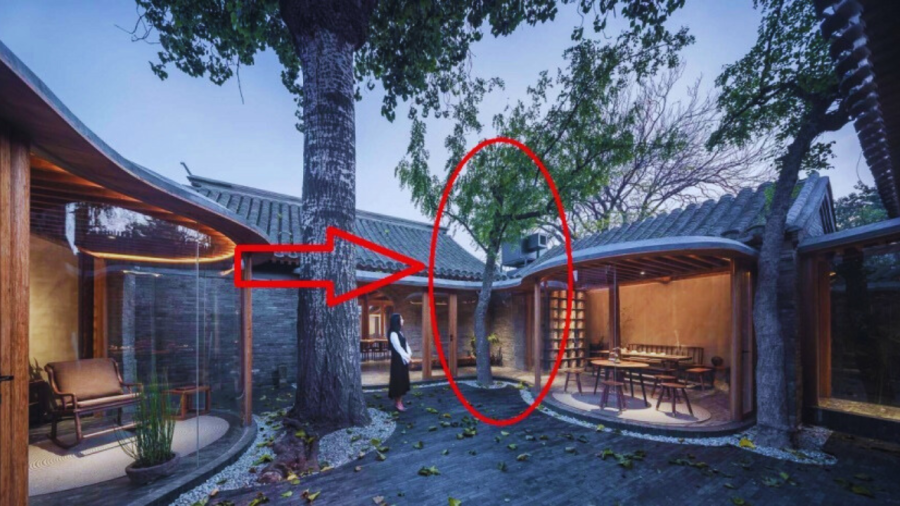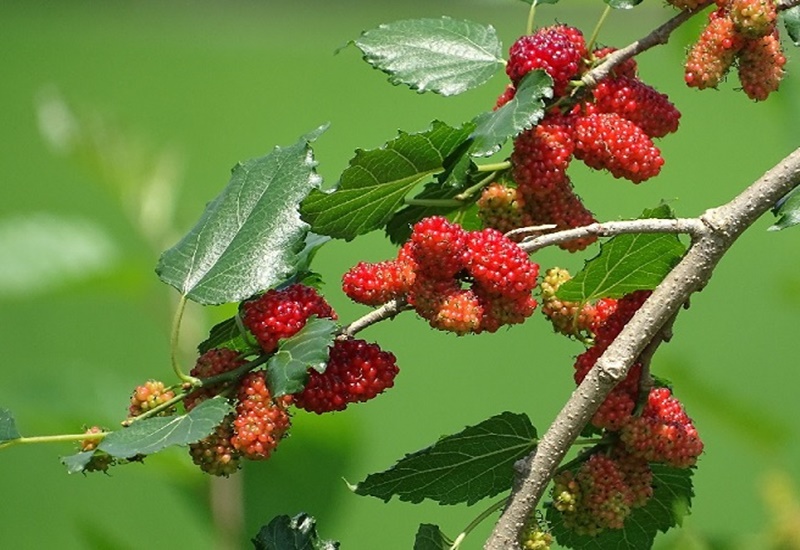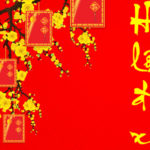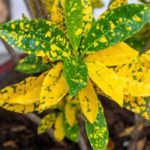Home Feng Shui places immense importance on the placement of furniture and the planting of trees around the house. Proper arrangement of these elements can stimulate good fortune and bring wealth, while incorrect placement can have negative effects on the family.
The ancients had a saying: “Do not place three things in the living room, and do not plant three trees in the yard.” What exactly are these?

‘Do not place three things in the living room, and do not plant three trees in the yard’
Three things not to place in the living room
Swords and knives
Some families like to display weapons (swords and knives) in the living room. In Feng Shui, these have the effect of镇 trạch, but incorrect placement can have the opposite effect.
If you want to use swords or knives to protect your home, avoid using metal materials. Instead, use wooden objects. Be sure to research the correct orientation for the swords. Additionally, do not remove the swords from their sheaths, as this can affect family relationships.
Statues of human heads, dolls, or animals
Some people enjoy collecting and displaying items such as dolls, strange or fierce masks, etc. According to Feng Shui, these objects can invite negative energies into the home, affecting the career luck of family members.
Unless you are a hunter, avoid displaying animal heads in the living room. The homeowner’s energy may not be strong enough to counter the negative energy brought in by these animals. This is especially true for families with young children.
Umbrellas
Umbrellas are indispensable items for protection from rain and sun in daily life. After use, many people hang them on the wall. However, the ancients believed that umbrellas are not suitable for hanging in the living room.
In Chinese, the pronunciation of umbrella is similar to the word for separation or parting. The living room is the main area for family activities and receiving guests. Hence, hanging an umbrella in the living room can create negative connotations for everyone.
Types of trees not to plant in the yard
Mulberry trees
Mulberry leaves can be used to feed silkworms, and mulberry fruits have a sweet taste and a neutral nature.
According to Feng Shui, mulberry trees are not suitable for planting at home because the pronunciation of the word for mulberry is similar to the word for “mourning.”
Additionally, mulberry trees when mature easily attract birds and insects, so they are not suitable for planting in the yard.

Do not plant mulberry trees in front of the house
Jackfruit trees
One common mistake made by inexperienced Feng Shui practitioners is planting large-trunked trees in front of the house. One typical example is the jackfruit tree. The presence of a large-trunked tree in front of the house obstructs the flow of positive energy and wealth into the home. According to Feng Shui, the thorns on the fruit skin generate negative energy.
If you visit religious places like temples or pagodas, you will notice that jackfruit trees are usually planted in the back or on the sides, but almost never in the front.
Cypress trees
Cypress trees have a strong vitality and are evergreen, symbolizing life and vigor. They are often used for landscaping.
The reason why the ancients believed that cypress trees are not suitable for planting around the house is because another name for them is the “tree of graves.” These trees are commonly planted at the headstones of graves. Therefore, it is often said that planting these trees at home is particularly unlucky.
Another reason is that these trees release an unpleasant odor that can affect appetite.
2. Statues of human heads, dolls, or animals: Such items can invite negative energies and impact the career luck of family members. Animal heads, in particular, may bring in negative energy that the homeowner’s energy might not be able to counter.
3. Umbrellas: In Chinese, the word for “umbrella” sounds similar to “separation.” Hanging an umbrella in the living room, which is a space for family activities and receiving guests, can create negative connotations.
2. Jackfruit trees: Large-trunked trees like jackfruit obstruct the flow of positive energy and wealth into the home. The thorns on the fruit are also believed to generate negative energy.
3. Cypress trees: Also known as the “tree of graves,” cypress trees are commonly associated with cemeteries and are considered unlucky to plant at home. They also emit an unpleasant odor that can affect one’s appetite.
Unveiling the Meaning Behind New Year’s Harvest: Tips for Having Luck in 2021
Celebrating the start of the New Year, many customs and traditions come together in a joyous expression of good fortune. From harvesting the new year’s fortune to praying for fortune and luck, the humanistic meaning behind these practices remains as relevant as ever. But what is the origin and how can we properly partake in the harvest of the new year? Read on to learn more about this fascinating custom.





































